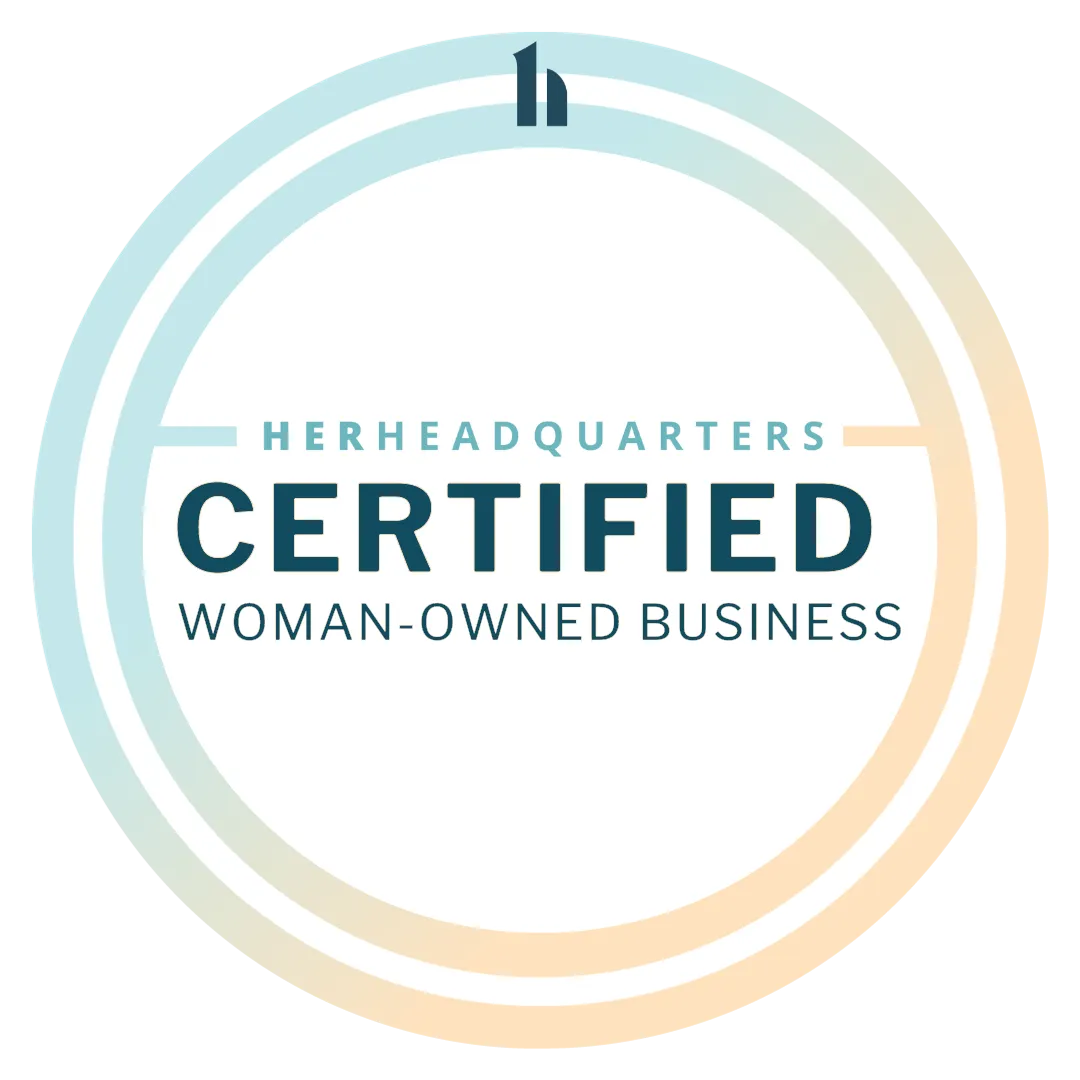
What If Playing It Safe Is Actually Holding You Back?
"The riskiest thing we can do is just maintain the status quo." - Bob Iger
In times of uncertainty, the most natural instinct is to protect what you have. For nonprofits, this often means tightening budgets, pausing consulting engagements, and putting growth strategies on hold—especially when it comes to grant seeking. But what if that instinct to “play it safe” is exactly what’s keeping you from moving forward?
Let’s explore why cutting back might be costing more than you realize—and how proactive investment in grant strategy can position your organization to grow, even in a down cycle.
The Hidden Cost of Pressing Pause on Grant Strategy 📉
In fact, a 2020 article from the Stanford Social Innovation Review emphasizes that organizations that invest in relationship development and fundraising infrastructure during economic downturns are far more likely to experience long-term revenue growth and mission impact. The piece, titled "Funding Resilience: How Grantmakers Can Help Nonprofits Build Resilient Organizations," highlights that nonprofits with strong development systems and active funder engagement weather crises better—and rebound faster.
Rather than pulling back, these resilient organizations treat lean times as opportunities to deepen funder relationships, refine strategic messaging, and strengthen internal systems. The return? Greater funder trust, increased grant readiness, and a more sustainable path forward once funding rebounds.
Momentum Wins: Why Staying Visible Matters 👀
In working with dozens of clients, we’ve seen this pattern again and again: organizations that maintain momentum during slow cycles are often the first to benefit when conditions shift.
One client, facing a downturn, chose to invest in a 12-month grant strategy instead of pausing. Within six months, they had:
Landed two multi-year grants
Developed new funder relationships
Positioned themselves for a major federal award
Their mindset? “While others are silent, we’re showing up.” It’s not luck—it’s consistent, strategic presence.
Funders remember who kept engaging. And when funding loosens up? They’ll call you—not the organization they haven’t heard from in a year.
Why Playing Defense Isn’t Always Stewardship ⚠️
On paper, cutting consulting or development spending looks responsible. Less spending = more fiscal prudence, right?
Not necessarily.
Here’s the irony: organizations that pause their grant strategy during a “funding drought” often face longer recovery times and missed opportunities that would have more than paid off the investment. It’s like refusing to attend networking events because you’re struggling to meet new partners.
If you wait until everything is perfect, you’re too late. Grants have long lead times. That LOI you skipped this quarter? It could’ve been next year’s core funding.
Funders Don’t Stop Listening—They Just Hear Fewer Voices 📬🔍
When nonprofits go quiet, the organizations that keep showing up stand out more. Fewer applicants mean higher visibility for those who do apply. Staying consistent puts you in a smaller pool—and gives your proposal a stronger chance of being read, remembered, and funded.
And if your story is compelling, your strategy is clear, and your timing is right? You can leap ahead while others are stuck in neutral.
The ROI of Strategic Risk: What the Data Show 📈
Let’s talk numbers. According to a 2021 Giving USA report, foundations gave over $88.5 billion in grants—even amid global uncertainty. Many shifted to more flexible funding, rapid-response mechanisms, and unrestricted support. That flexibility favored organizations that were already active, responsive, and visible.
Investing in your grant strategy isn’t reckless—it’s a strategic hedge against stagnation.
Ask Yourself: What If They’re Not Lucky—They’re Just Showing Up? 🤔
We love to assume the most successful organizations “just had the right connections” or “got lucky.” But here’s the truth: many of them simply kept showing up while others paused.
They stayed in front of funders. They adapted messaging. They refined proposals. And when the opportunities came, they were ready.
So here’s your call to action for July:
What if this is the perfect time to build momentum—not slow down?
What if visibility during a quiet season is your biggest competitive advantage?
Don’t Wait It Out—Work It Through
Budget season may tempt you to cut back—but bold leaders don’t grow by shrinking. They grow by investing with intention, even when it’s uncomfortable.
Ready to take strategic action towards your next big break?
At Carinci Consulting, we help nonprofits navigate the grant writing process with confidence and expertise. Let’s get started.
🗓️ Schedule a complimentary strategy session.
Have questions? 📨 Email us at jennifer@carinciconsulting.com.
Office: Lexington, SC
Site: www.carinciconsulting.com

Call: 302-383-4724
Email: jennifer@carinciconsulting.com


